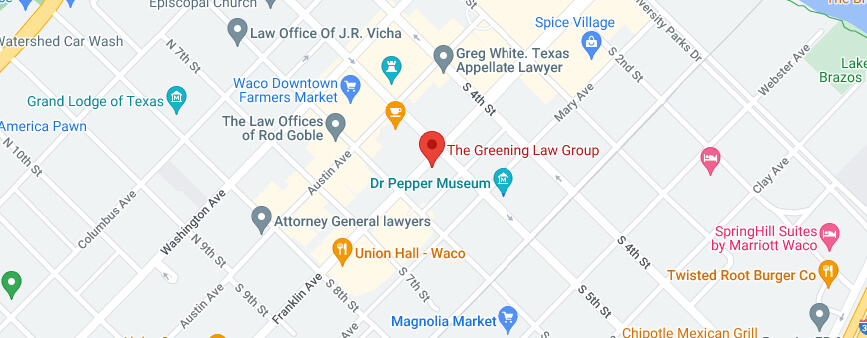The Fourth Amendment of the United States Constitution protects the “right of the people to be secure in their persons, houses, papers, and effects, against unreasonable searches and seizures . . . .” U.S. CONST. AMEND IV. Although automobiles and other means of transportation are not specifically mentioned in the Fourth Amendment, it is clear beyond question that vehicles are protected by the Amendment.
If an officer has a legitimate reason for stopping the vehicle, he may be permitted to search parts or all the vehicle and its occupants under certain circumstances.
- Plain-view Doctrine: if the officer, through his natural senses, discerns that criminal activity is taking place, the plain-view exception applies and the officer is justified in searching parts of the vehicle.
- Search Incident to Arrest: if the officer finds a valid reason to arrest the vehicle’s occupants (e.g., the existence of a valid arrest warrant) then, in the interests of safety and evidence preservation, the officer may be permitted to search areas within the occupants’ reach or where he has probable cause to believe contraband is present.
- Reasonable Articulable Suspicion (K-9 Search): if the officer has reasonable suspicion to believe that criminal activity is afoot, he may prolong the traffic stop to conduct a canine drug sniff.
“Government officials may conduct a search without a warrant or probable cause based upon an individual’s consent, so long as that consent:
- was voluntary and
- came from someone authorized to give it.
“Voluntary consent” consists of two parts:
- The law enforcement officers must receive either express or implied consent, and
- that consent must be freely and voluntarily given.” United States v. Jones, 701 F.3d 1300, 1317 (10th Cir. 2012).
The Fourth Amendment requires that “consent not be coerced, by explicit or implicit means, by implied threat or covert force.
All persons have a right to refuse consent to a search of their vehicle. Exercising this Constitutional right is not an admission of guilt.
If you believe you have been subject to an unreasonable search of your vehicle, resulting in a criminal charge, reach out to The Greening Law Group today for a free consultation.









